Services
Our services
Pollutants are taken out of the water and stored for later use by a wastewater treatment firm. Additionally, it can provide finance and consultancy for initiatives involving wastewater treatment.
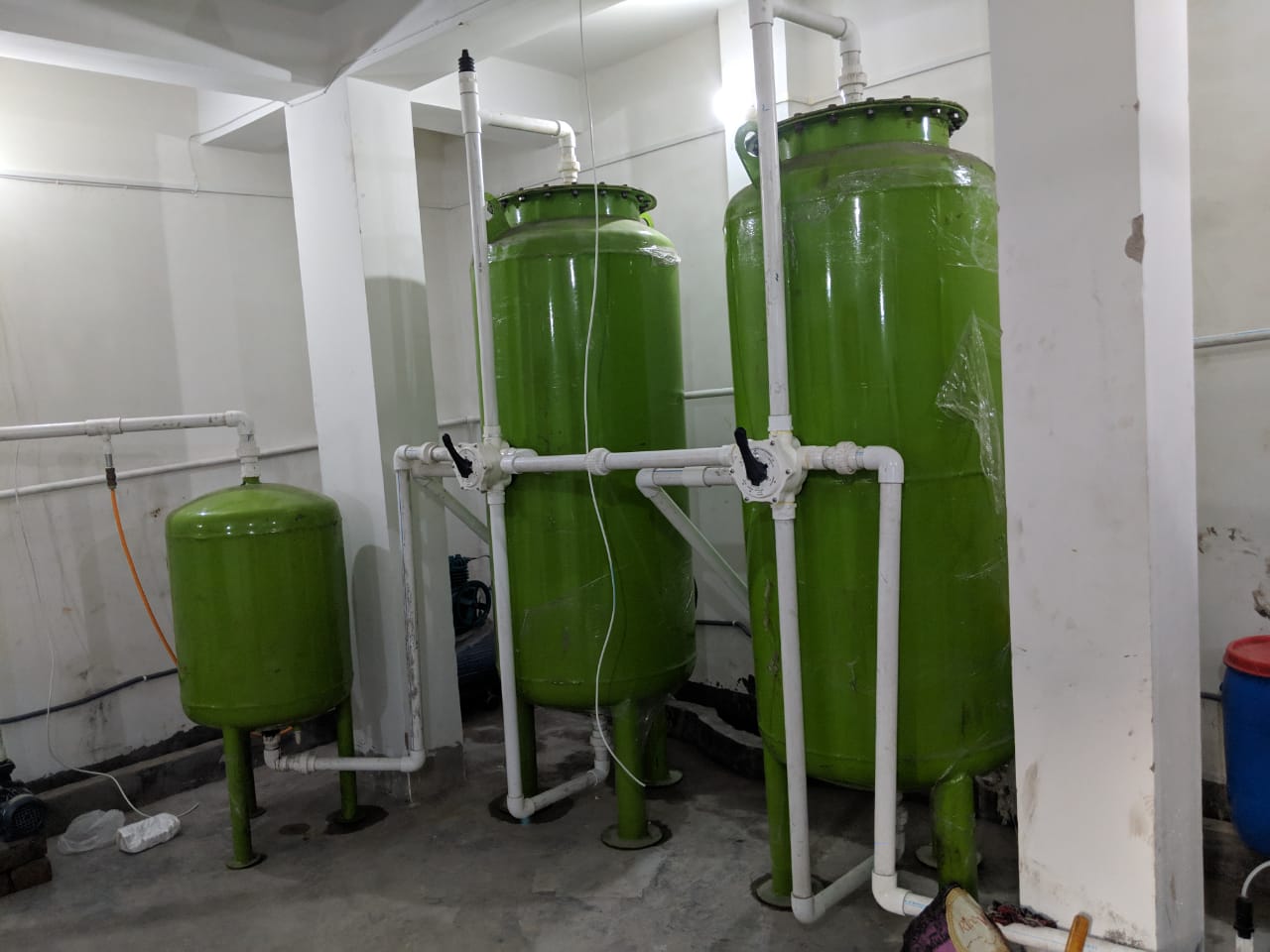
EFFLUENT TREATMENT PLANT, ETP
An Effluent Treatment Plant, or ETP for short, is a facility that treats the wastewater produced by industrial processes. Effluent treatment may be primary, secondary, or tertiary, depending on the process. The different processes used in a single plant are grouped into three broad categories: primary, secondary, and tertiary. Preliminary and secondary filtration, chemical coagulation, settling and separation of sludge, and pressure filtration.
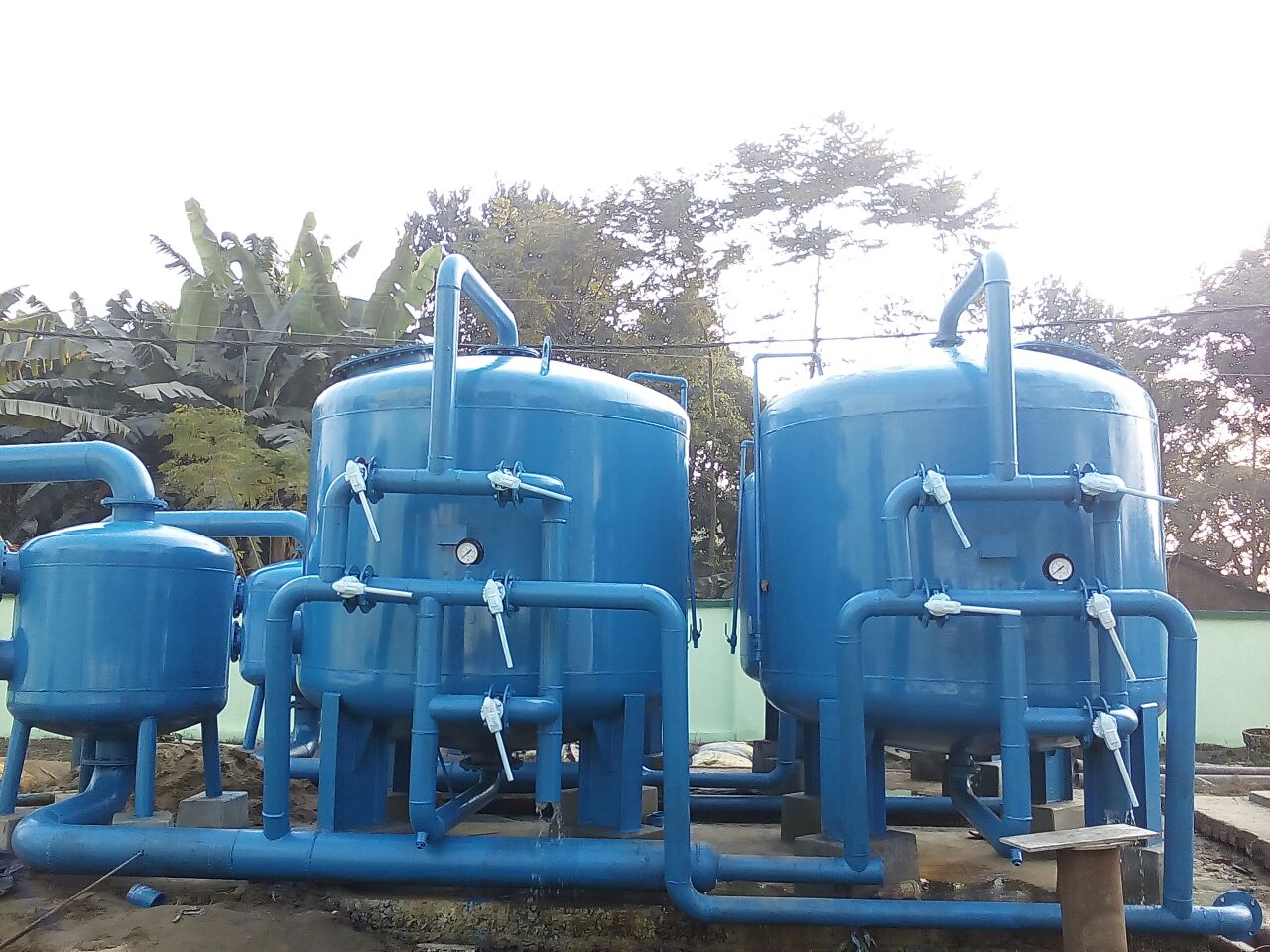
SEWAGE TREATMENT PLANT, STP
A sewage treatment plant is a system that cleans up household and sewer effluent by processing them. The quality of the water utilised by a household may suffer if these polluting components get into the water supply. Sewage and home effluent can have its suspended particles, bacteria, nitrates, phosphates, and organic wastes removed.
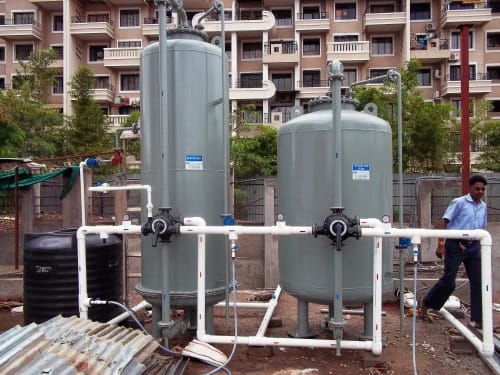
REVERSE OSMOSIS PLANT, RO
Pressure is used to apply to a concentrated solution during reverse osmosis (RO), which purifies water. During the procedure, more osmotic pressure is provided to the fluid’s side that has the highest solute content. As a result, the semi-permeable membrane allows the water molecules to pass through it while the pollutants and salts are left in the reject stream. Municipal organisations and sizable private business buildings employ reverse osmosis membranes.
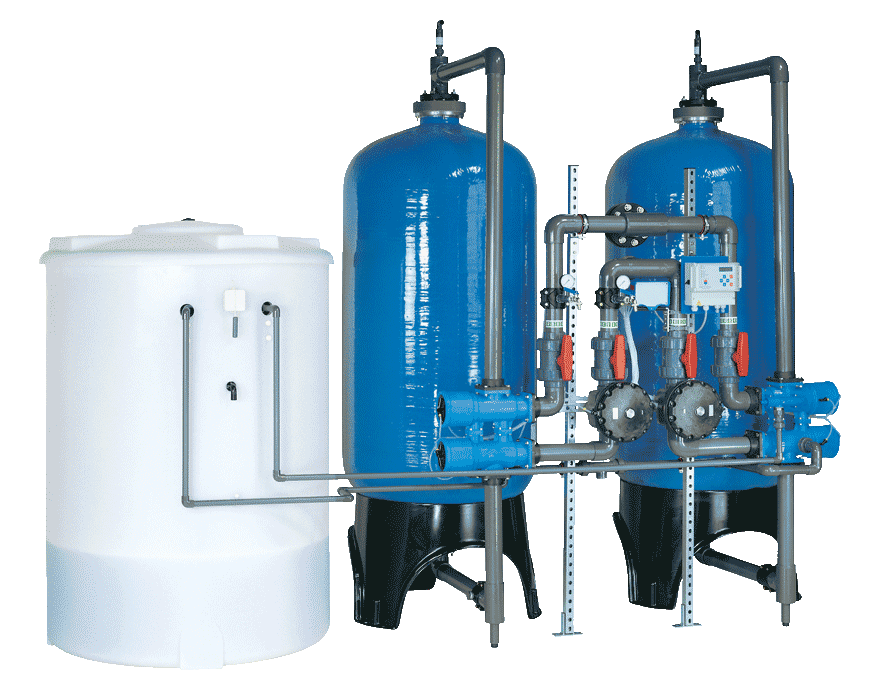
DEMINERALIZATION WATER PLANT
An important factor to take into account is selecting the optimum demineralization plant (DM Plants) for your unique application. A two-bed unit with a single-ion-exchange resin makes up a typical demineralization plant. The resin releases the ions in the water that it has bound to and released. 30 ppm TDS are the end results at the outlet. Take these suggestions into account while seeking for a plant that will match your needs.
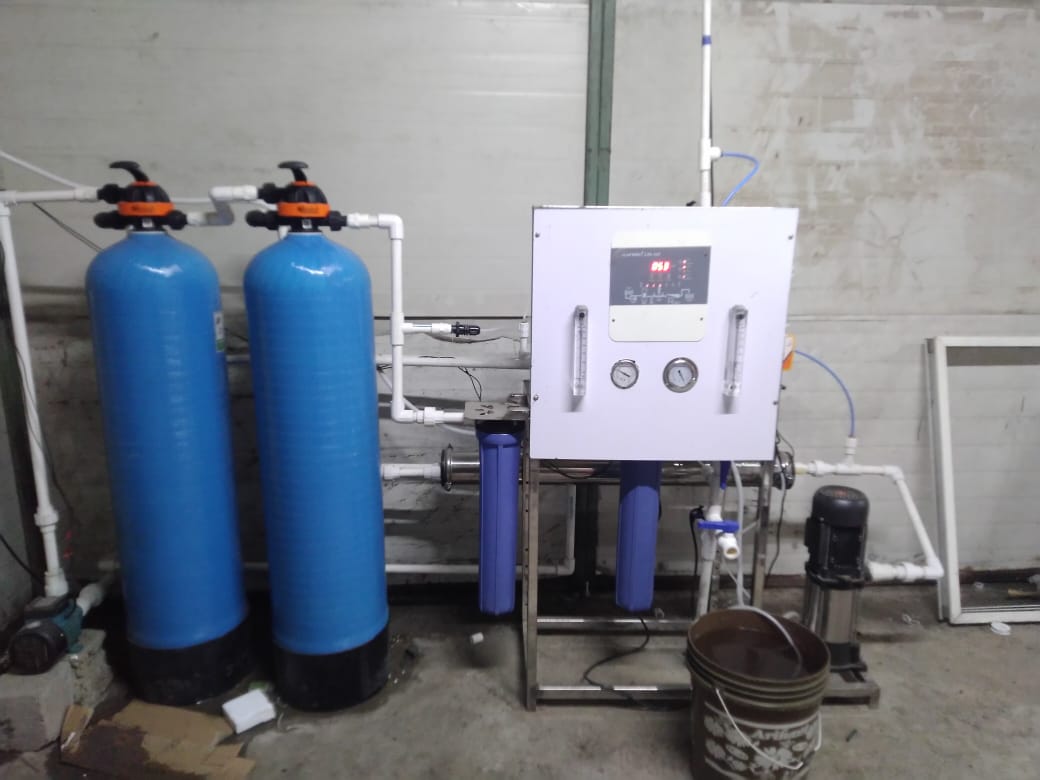
WATER SOFTENER PLANT
A device used to soften water is called a water softening plant. The ions of hardness in water can block pipes and cause them to scale, among other issues. Water softening also lengthens the life of machinery and appliances used in both commercial and residential settings. These devices are made to supply softened drinking and cooking water for a range of uses.
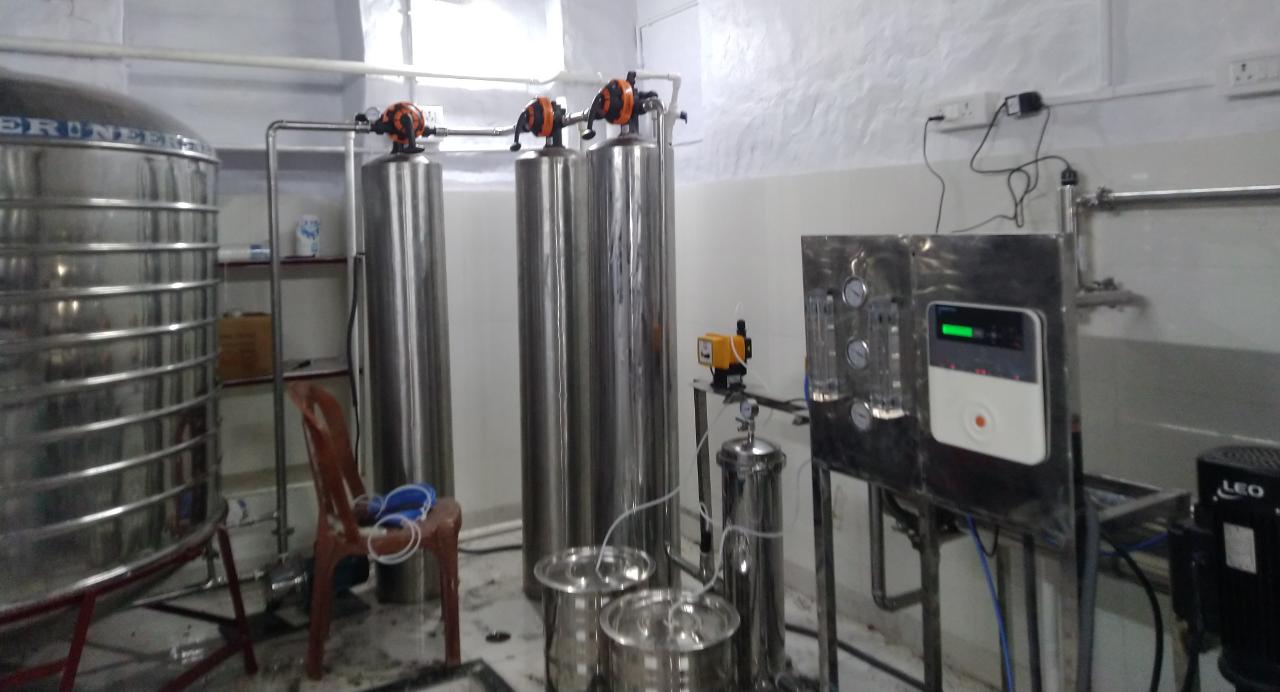
ULTRA FILTRATION SYSTEM
An ultrafiltration system plant separates particles according to molecular size using a pressure-driven tangential flow filtration method. With the use of these membranes, which contain pores between 10 and 200 A, pollutants of various sizes, including colloidal particles and bacteria, may be eliminated. Because of the high purity that results, ultrafiltration plants are quickly replacing other types of municipal water treatment facilities.
